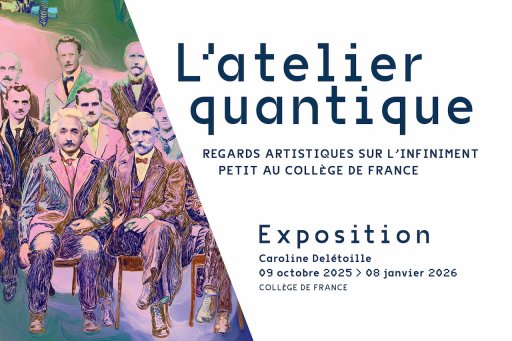A Collège de France - CNED coproduction
Extract
"Biology is, of all the sciences, the closest to human existence. It is, after all, the only one that plausibly promises to reduce the suffering caused by disease, to put an end to famine, to fight death, the only one that suggests that we will succeed in understanding the Spirit, the pneuma of the Greeks. Biology is the experimental science par excellence, and although it is governed by the same laws as physics and chemistry, biology lacks the exactitude of these disciplines. Biological objects are too complex and insufficiently circumscribed to be described by general theories - theories in biology are probabilistic at best. The methodological approaches used in recent decades to explore the living world have brought a hitherto unsuspected notion of unity to the living world. These approaches may not have produced great unifying and predictive theories of how living things work, but we can at least speak today of a great synthesis.
The study of development occupies a central place in biology. For centuries, observers of nature have been fascinated by the forces that guide an egg through its development into a multicellular organism, endowed with its own unique form and specific biological and behavioural characteristics. The pre-Socratic philosophers, like Aristotle, worked hard to understand how animals were created. The first formal descriptions of development are attributed to Aristotle, whose ideas were to prevail until the 17th century. Biological thought has never been far removed from philosophical movements or religion - how could it? - as shown by the age-old debates between physicalism and vitalism, the influence of Cartesianism on the laws of biology, and the influence of German Romanticism..."









